Welcome to The Friday Prof-ile – a chance to get to know some of our recently appointed Professors and Associate Professors a little better. Every Friday, we’ll be asking a different person the same set of questions to get an insight into their life, work and what makes them tick.
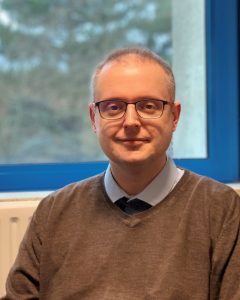
John McAlaney
This week, we’re chatting with Professor in Psychology, John McAlaney…
What are your research interests? What made you want to study these areas?
My research looks at how and why people choose to engage in risky behaviours, with a focus on how this is influenced by social processes. As part of this I do work on a range of topics including hacking, digital addiction, fake news and online gambling.
More broadly I am interested in how to challenge misperceptions that people have about those around them.
Often as humans we assume that our peers behave and think is much more negative way than is actually the case. By documenting these misperceptions and presenting them back to a target population you empower people to make informed decisions, which is known as the social norms approach.
I am drawn to this approach because, unlike some other behaviour change approaches, it does not dictate to people how they should behave.
What has been your career highlight to date?
Being invited to 10 Downing Street in 2012 to talk about how we can use technology to implement the social norms approach and to counter harmful stereotypes about young people.
What are you working on at the moment?
The biggest project I am involved in at the moment is a GambleAware funded project on behaviour change and transparency in online gambling. As part of this work I have recently been the academic lead on BU’s successful application to be included on the Gambling Commission’s Research, Education and Treatment (RET) list. We are the first university in the UK to be included on this list, and only the second in the world. Our inclusion on this list opens up many opportunities for us to continue research into ways to address the harms caused by problematic gambling.
I am also working on several projects relating to cybersecurity. This work is the basis of my ongoing participant as an academic expert in the UN Committee to Elaborate a Comprehensive International Convention on Countering the Use of Information and Communications Technologies for Criminal Purposes.
If you weren’t an academic, what would you be doing?
I’ve always been interested in architecture, although I have terrible design skills. If that didn’t work out for me then I’d probably become a dog walker.
What do you do to unwind?
Reading is something I find very relaxing – I would like to claim that I only reads the classics, but usually the more stressful a day I have the trashier my choice of book.
What’s the best thing about Bournemouth?
I’m lucky to live within walking distance of the beach, which is great. I think I would struggle to live anywhere other than the coast now. Being from Scotland I still find the weather of the south coast to be a nice change.
If you could pick any superpower, what would it be and why?
As someone who loves going to new places but dislikes the act of travel I would definitely choose teleportation.
If you were stranded on a desert island, what one luxury item would you take with you?
It would have to be my Kindle. I could happily pass the years by sitting, reading under a palm tree.
What advice would you give to your younger self?
Very few things in life actually matter that much. That probably sounds quite nihilistic, but it an idea I increasingly embrace as I get older. Most of the dramas we have in our lives are things we won’t even remember in 10 years. Sometimes you are ahead, sometimes you are behind. The race is long, and in the end, it’s only with yourself. Also, wear sunscreen.

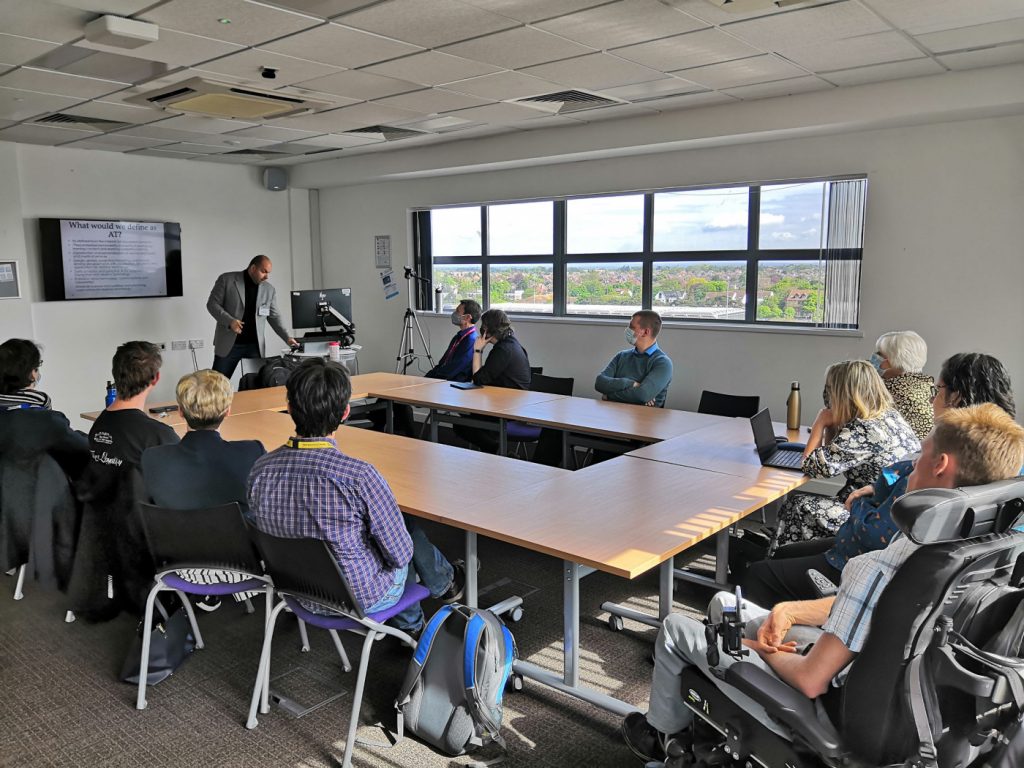
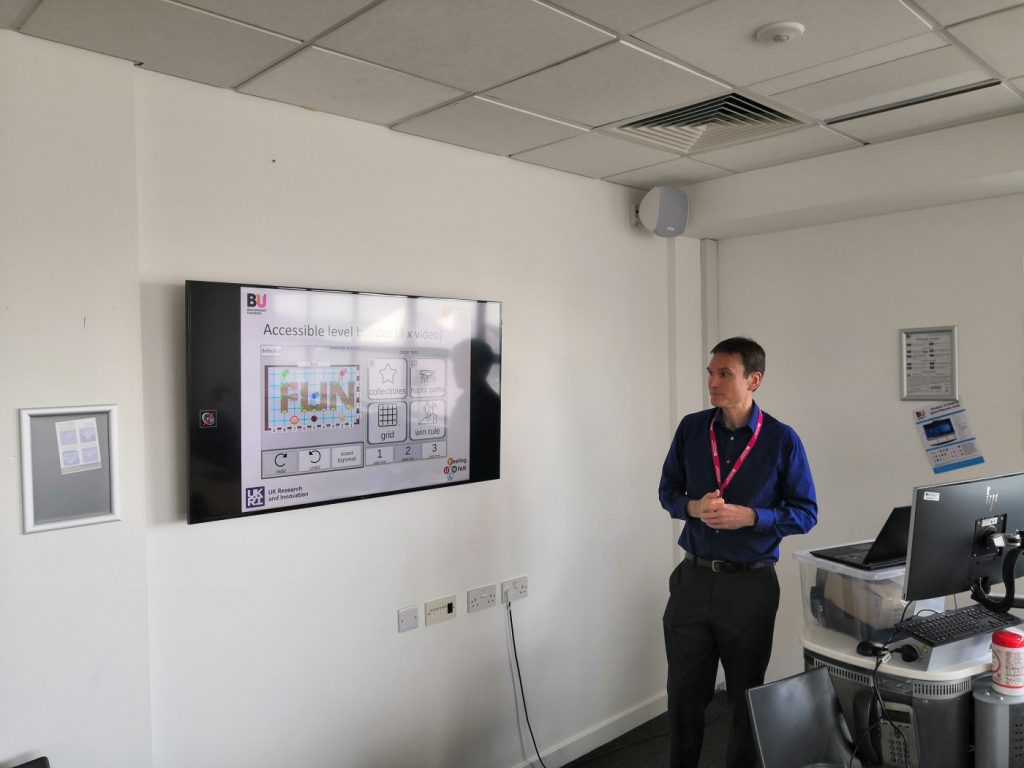
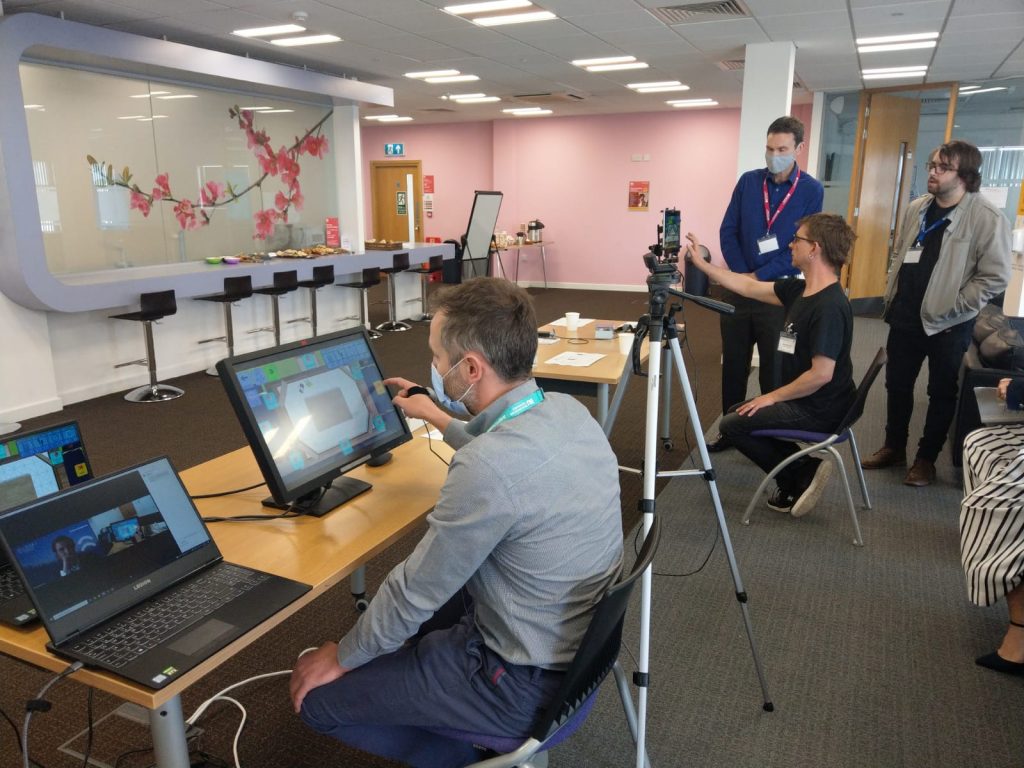
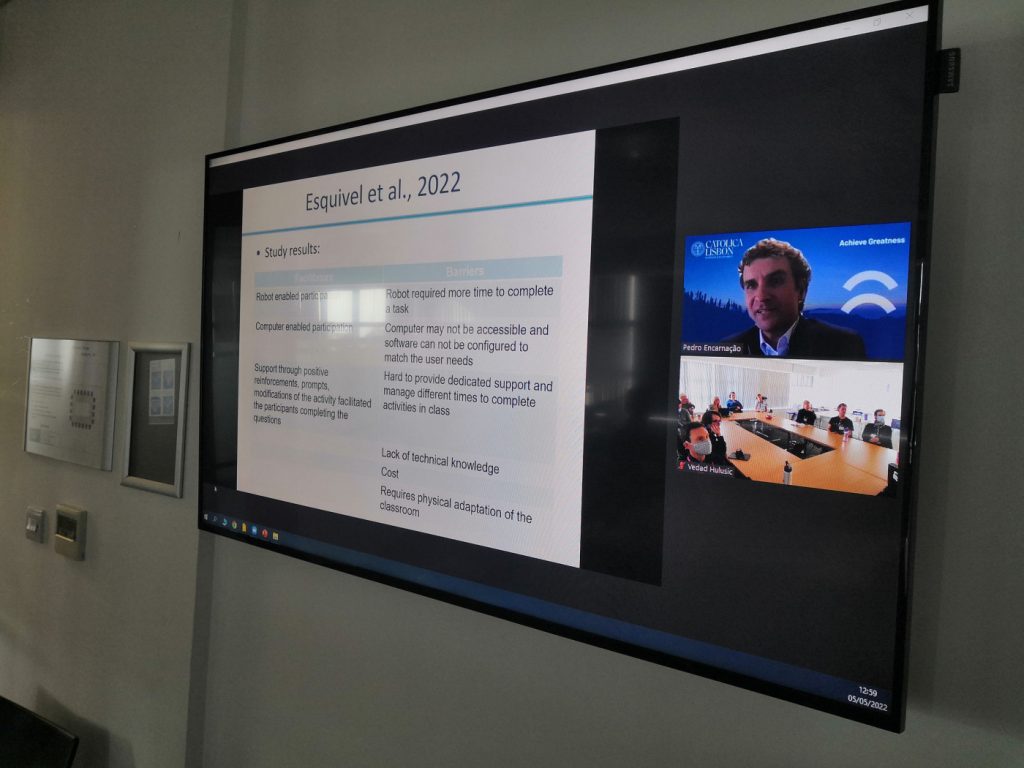
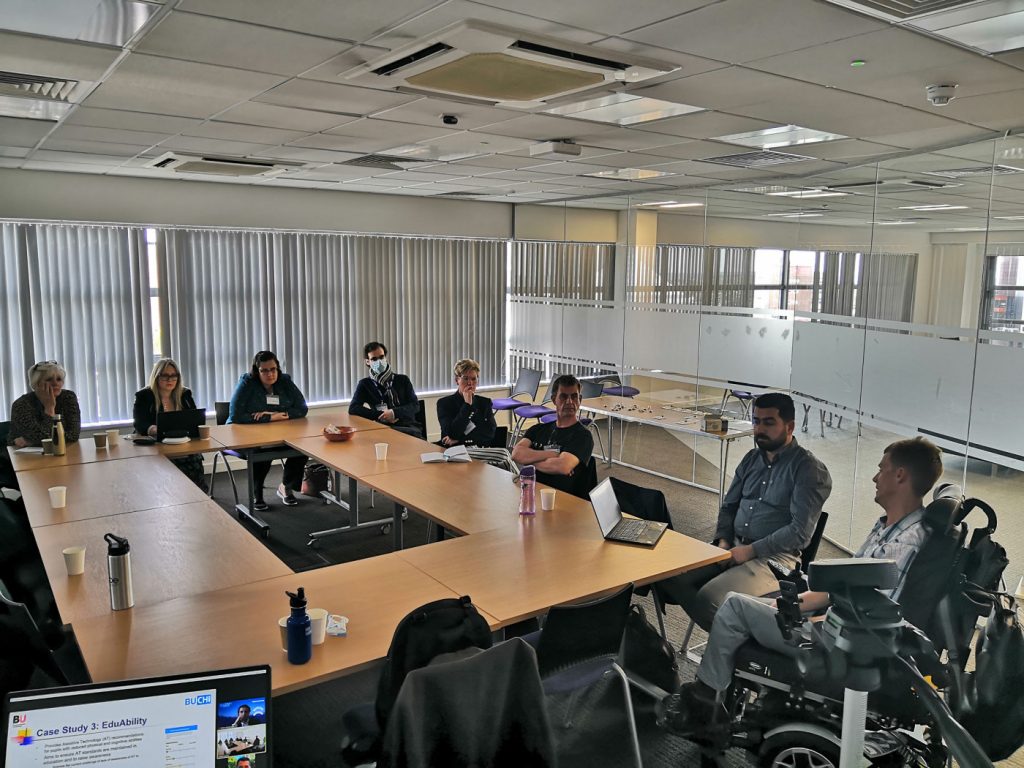
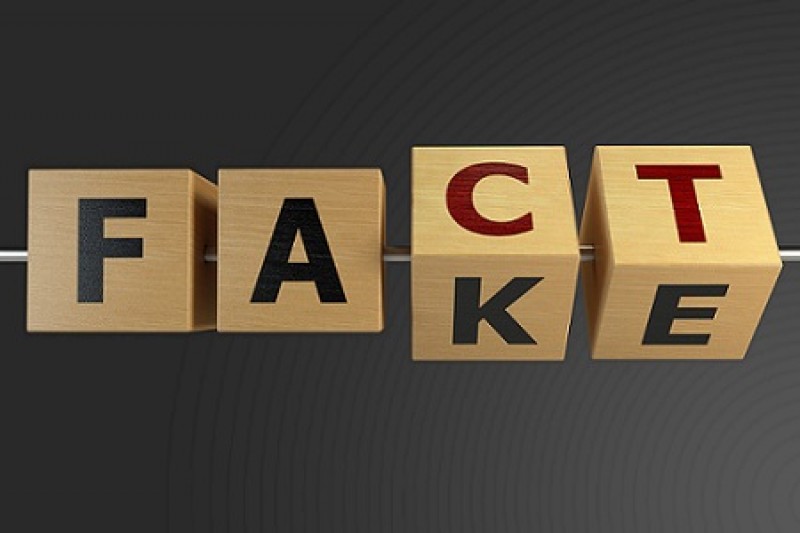 Come join us next week, for an exciting series of keynote speakers and bespoke workshops discussing many subjects under the theme of research integrity.
Come join us next week, for an exciting series of keynote speakers and bespoke workshops discussing many subjects under the theme of research integrity.
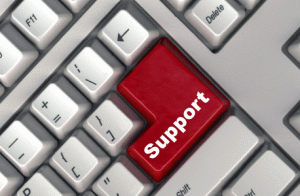 Exciting changes are coming to you from August 2022 in terms of the support provided by RDS’ Research Facilitators.
Exciting changes are coming to you from August 2022 in terms of the support provided by RDS’ Research Facilitators. The change to funder specialisms will mean that we can provide support to a larger number of academics through funder focussed briefings, scramble events, STEAMLabs (to form interdisciplinary ideas linked with external collaborators), and training through the
The change to funder specialisms will mean that we can provide support to a larger number of academics through funder focussed briefings, scramble events, STEAMLabs (to form interdisciplinary ideas linked with external collaborators), and training through the  In addition to Research Facilitators, there are several support options in place to support you through the pre-award process and finding funding opportunities tailored to you. BU have invested in
In addition to Research Facilitators, there are several support options in place to support you through the pre-award process and finding funding opportunities tailored to you. BU have invested in 

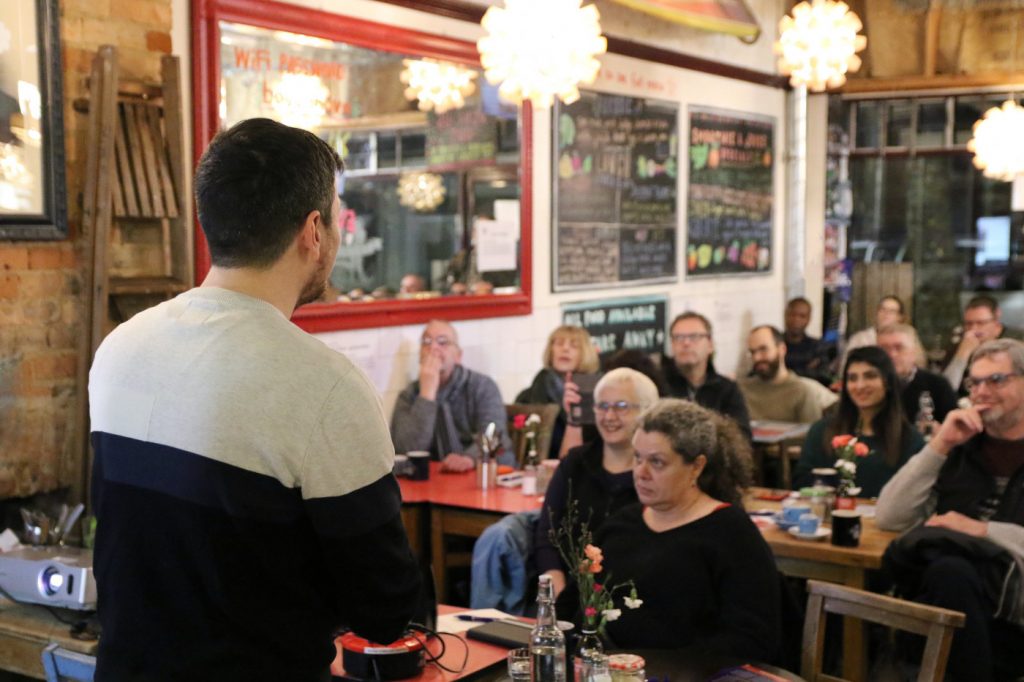

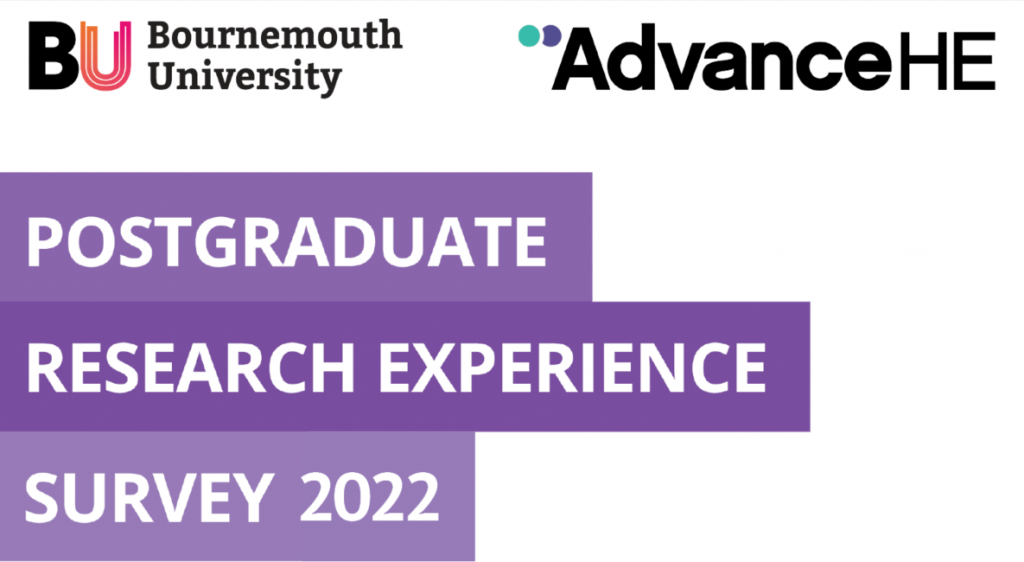

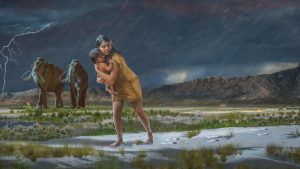

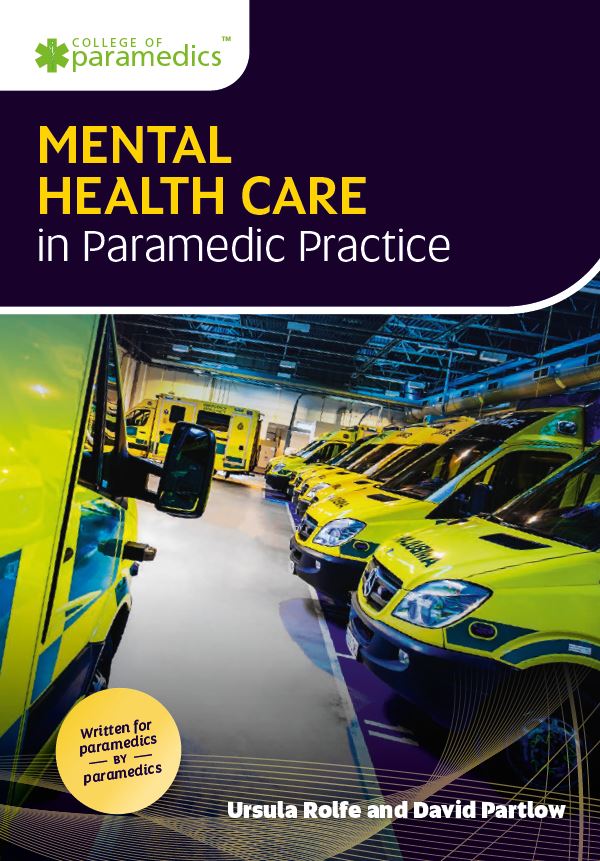











 Beyond Academia: Exploring Career Options for Early Career Researchers – Online Workshop
Beyond Academia: Exploring Career Options for Early Career Researchers – Online Workshop UKCGE Recognised Research Supervision Programme: Deadline Approaching
UKCGE Recognised Research Supervision Programme: Deadline Approaching SPROUT: From Sustainable Research to Sustainable Research Lives
SPROUT: From Sustainable Research to Sustainable Research Lives BRIAN upgrade and new look
BRIAN upgrade and new look Seeing the fruits of your labour in Bangladesh
Seeing the fruits of your labour in Bangladesh ECR Funding Open Call: Research Culture & Community Grant – Apply now
ECR Funding Open Call: Research Culture & Community Grant – Apply now ECR Funding Open Call: Research Culture & Community Grant – Application Deadline Friday 12 December
ECR Funding Open Call: Research Culture & Community Grant – Application Deadline Friday 12 December MSCA Postdoctoral Fellowships 2025 Call
MSCA Postdoctoral Fellowships 2025 Call ERC Advanced Grant 2025 Webinar
ERC Advanced Grant 2025 Webinar Update on UKRO services
Update on UKRO services European research project exploring use of ‘virtual twins’ to better manage metabolic associated fatty liver disease
European research project exploring use of ‘virtual twins’ to better manage metabolic associated fatty liver disease